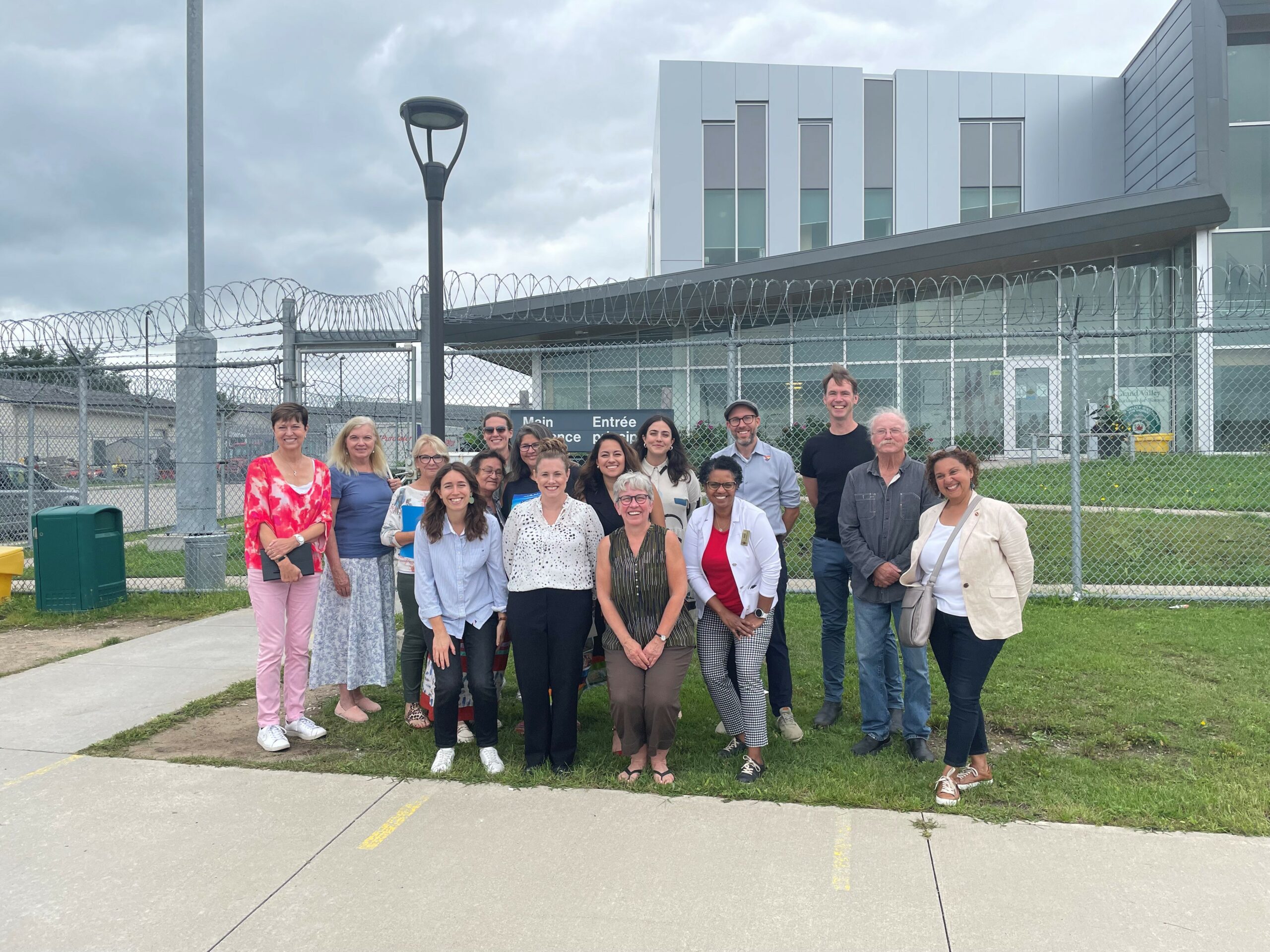In Canada, Indigenous people makeup only 5% of the population, yet over half of those incarcerated in our women’s prisons are Indigenous. As part of my response to our community’s calls to make progress on reconciliation, I’ve been engaging with the Grand Valley Institution for Women (GVI) in Kitchener to ensure they are fulfilling their role of rehabilitating women, transgender, non-binary, and two-spirit folks who are incarcerated there.
I started meeting with folks at GVI who are incarcerated, advocates, staff, and management over a year ago, to better understand the challenges they’re facing and what we can positively change together.
Some of the first issues I heard were around water quality and the impact of pandemic-related restrictions that had yet to be lifted despite public health guidelines easing off for the rest of us for some time. These were both concerning to me based on their very real impact on the physical and mental health of those incarcerated.
When it comes to water quality, many of those incarcerated are reporting losing their hair or developing unexplained rashes on their skin from brown water. They also shared they are spending their limited resources buying bottled water until they have answers. In response, we pushed for water testing, and while results from the institution’s main areas are clear, we continue to push for water testing to include living quarters.
In another area, the Stride program operated by local charity Community Justice Initiatives (CJI) helps those at GVI to prepare — both practically and emotionally — for release. This includes volunteers who join group activities or who escort those incarcerated to external appointments including for medical reasons or community service projects to support their reintegration. Despite CJI having qualified volunteers and staff available to help, the program was on hold long after pandemic-related restrictions ended.
I am pleased to report that thanks to our joint advocacy, the Stride program was reinstated at GVI last spring, with a five-year contract. CJI continues to recruit volunteers and hopes to attract members of marginalized communities to support those they will be working with. Please reach out to CJI directly if you’re interested in helping!
In my most recent visit this August, I was joined by community-based advocates including from CJI and the Canadian Association of Elizabeth Fry Societies, as well as MP Val Bradford, Senator Bernadette Clement, and then-Parliamentary Secretary to the Minister of Public Safety Pam Damoff to help increase the number of people working on these issues.

